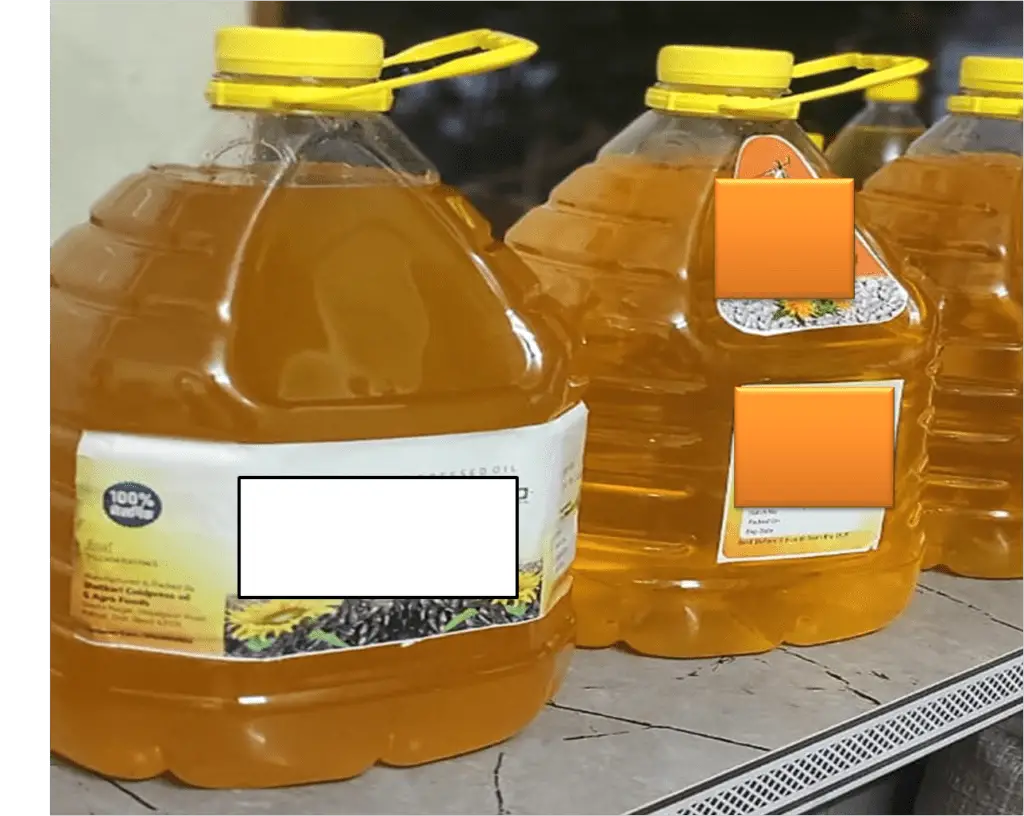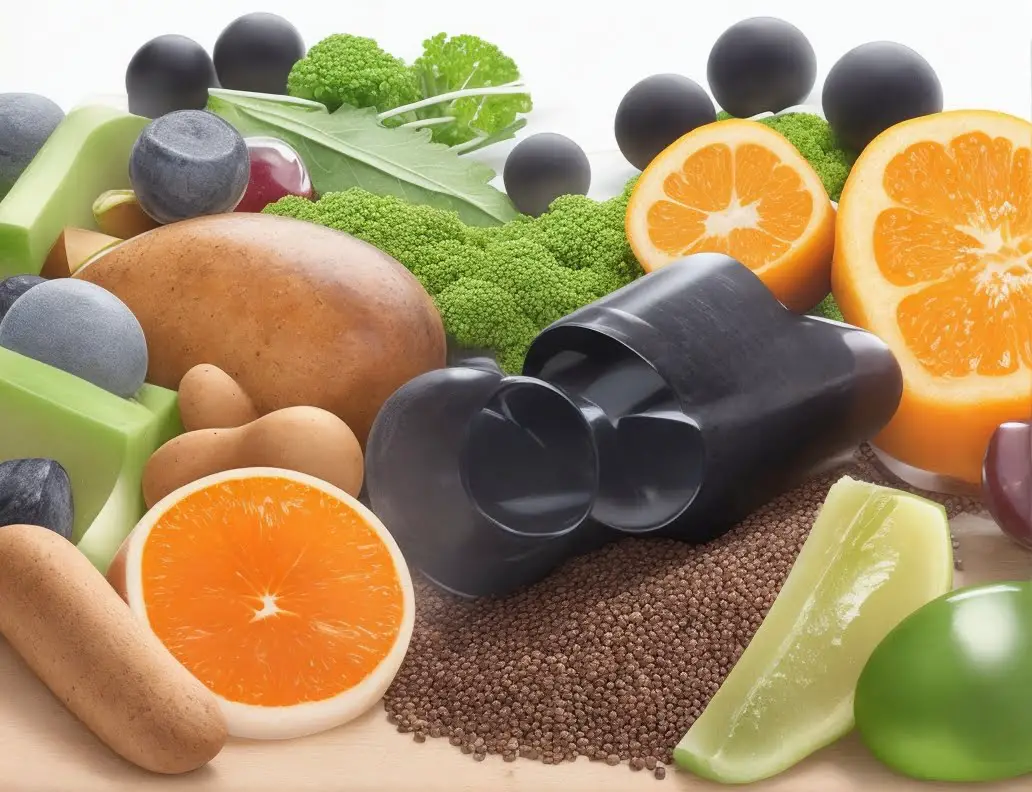Refined oil: In this post, we’ll examine healthier alternatives to refined oil for cooking as well as the reasons why using it might be harmful to your health.
The type of cooking oil we use greatly influences the flavor’s and nutritional value of our food in the world of culinary arts. Although refined oil is frequently used in kitchens, it’s important to be aware of any potential health hazards.
Why Refined oil dangerous to our Health
This oil, commonly found in most kitchens, has been a topic of debate for quite some time. Let’s delve into the facts to understand whether it’s safe for consumption or not.
Refining Process: This oil undergoes heavy processing, including procedures like bleaching, de-waxing, deodorizing, de-gumming, and de-acidification. Unfortunately, these processes strip away chlorophyll content, taste, and nutrients from the oil. As a result, the oil becomes more prone to oxidation and inflammation in the body1.
Chemical Usage: During purification, more than 10 types of chemicals are used to extract oil from seeds and nuts. Some of these chemicals can be harmful, introducing hazardous compounds into our meals1.
Nutritional Value: Due to the extensive processing, refined oil loses its natural goodness. This deficiency can lead to heart problems, digestion issues, and other health concerns1.
In summary, the oil is often considered slow poisoning due to its altered composition and reduced nutritional value. To promote better health, consider alternatives such as cold-pressed oils or switch to healthier cooking methods2. Remember, informed choices contribute to overall well-being!
The Pervasive Refined Oil Vs. Recognizing Refined Oil
It is subjected to a rigorous refining process and is frequently produced from sources like soybeans, corn, or sunflower seeds. Impurities and natural nutrients are taken out during this procedure, leaving behind an oil with a longer shelf life and an unflavored oil.
Preferred method of Cooking
The oil is a favoured option for a variety of cooking techniques, from frying to sautéing, due to its neutral flavour and high smoke point. However, worries about its effects on human health have been raised due to its widespread use.
The Health Hazards of Refined Oil
Concerns about Trans Fats and Health: Its propensity to include trans fats is one of the main health hazards connected to cooking with refine oil. Because they can elevate levels of LDL (bad) cholesterol and increase the risk of heart disease, trans fats are well known for their detrimental impact on heart health.
A lower level of nutrition: During the refining process, refined oil loses a sizable part of its original nutrients. This means that the vitamins, antioxidants, and phytonutrients present in less processed oils are lost when you cook with refine oil.
More calories consumed: The oils have a high calorie content per tablespoon, making them calorie-dense foods. Regularly cooking with them can result in an intake of calories that is excessive and may result in weight gain.
Individualized Fats:
Choose monounsaturated-fat-rich oils since they have been linked to a number of health advantages, including improved heart health. Particularly olive oil, unrefined oil is renowned for having a high monounsaturated fat content.
Natural oils frequently have distinctive flavour characteristics that can improve food taste. For instance, extra virgin olive oil enhances salads and Mediterranean foods by adding a fruity and mildly peppery taste. Rich in Vitamins, antioxidants, and phytonutrients that have a number of health benefits are still present in natural oils.

Trying New Things in the Kitchen
Trying out various cooking oils will help you find new flavours and health advantages. Your foods benefit from the distinct qualities that each oil delivers.
Conclusion
Even though refined oil is a common ingredient in kitchens everywhere, it’s important to be aware of the potential health hazards it poses. Consideration should be given to trans fats, decreased nutritional value, and increased calorie intake, among other things. You may continue to enjoy delectable meals while prioritizing your health by looking into healthier alternatives and making wise decisions.
FAQs
1. Can I occasionally consume refined oil without suffering serious health consequences?
Yes, it is generally okay to use refined oil occasionally. To lessen the overall health concerns, it is advised to balance it out with healthier cooking oils.
2. What are some healthier methods for preparing food with refined oil?
You can achieve a balance by utilising unrefined oils in your diet for other uses and using refined oil sparingly for high-heat cooking techniques like deep frying.
3. Are certain refined oils better for you than others?
Even though some refined oils could have less trans fat than others, it’s still important to check product labels for trans fats and pick those with the fewest, or think about switching to healthier oils entirely.
4. How can I consume more wholesome oils without sacrificing flavour?
Extra virgin olive oil and avocado oil are both healthy oils that can improve the flavour of your food. Use them as a finishing touch on grilled meats, as a drizzle over roasted vegetables, or in salad dressings.
5. What nutritional aspects of refined and unrefined oils differ most?
When compared to refined oils, unrefined oils often include higher levels of vitamins, antioxidants, and phytonutrients, making them a more nutrient-dense option.











